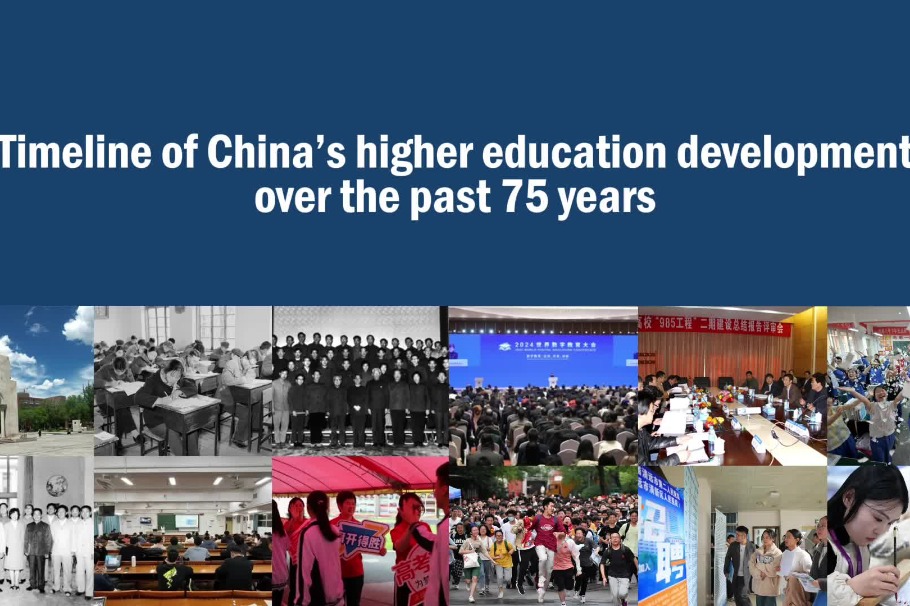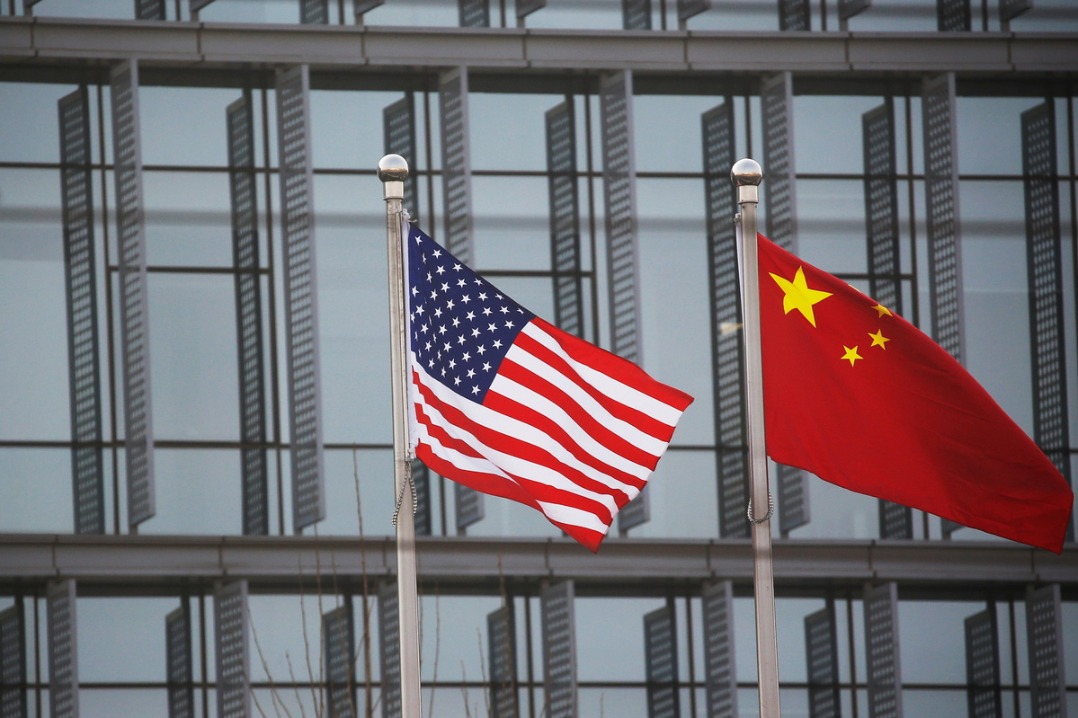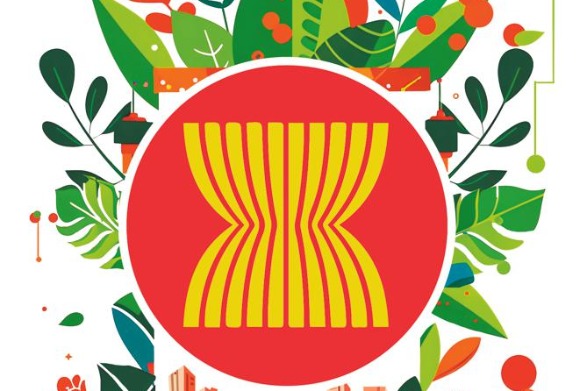The Western monopoly on social media must end


Nowadays, social media has become an essential platform for people worldwide to communicate and express their thoughts. As of early 2024, the active user base of global social media had reached 5.04 billion, accounting for 62.3 percent of the world's population. As social media exerts far more influence on public opinion than traditional media, it has gained enormous traction worldwide, with countries competing over sway on social media platforms. Of late, a series of incidents have occurred around some internationally renowned social media platforms such as TikTok, Telegram, and X, reflecting the explicit intention of Western countries to dominate this field.
This serves as a wake-up call for the vast number of Global South countries, which are already in a weak position in the international discourse.
The rise of social media has opened new avenues for Global South countries to disseminate their own voices. Western countries, well aware of the stakes, are making efforts to maintain their dominance over public discourse like they once did, and are going to great lengths to suppress non-Western social media platforms. TikTok, with its global popularity, has become the first target. To anyone with good sense, the fundamental reason is that TikTok has affected the interests of the West. In other words, it has not only put a dent in the business interests of other social media platforms, but also, more importantly, challenged the western dominance over public opinion. What is happening behind the drama over TikTok is, in essence, a fight for dominance over the public discourse, the control of narratives, and influence in the media. Here the irony is glaring: while the US government is determined to ban TikTok under the excuse of "national security threats", presidential candidates from both parties have opened accounts on TikTok to win voters' support—laying bare the US double standards.
Such double standards of the West are also exemplified in its crackdown on Telegram. Recently, Telegram's founder, Pavel Durov, was arrested and charged by the French authorities. When the West attempted to leverage Telegram to interfere with the internal affairs of other countries, Durov was hailed as a "freedom fighter", yet now he has become a "terrorist". Such moves of the Western world, which prides itself on "freedom of speech", have shocked the world. And the motive behind is naturally not as simple as "the platform providing illegal content". As one of the world's largest encrypted communication platforms, Telegram has long been a target for Western surveillance and infiltration attempts. Some analysts believe that the West's primary purpose of Durov's arrest is to gain control over the app and access encrypted information, including Russian military communications, to better maintain Western hegemony. Former French Member of the European Parliament Aymeric Chauprade pointed out that France aimed to control Telegram to censor and suppress actions resisting "Western globalization".
While cracking down on non-Western social media platforms, the West also holds high the banner of "freedom over sovereignty" to support their own platforms, in a bid to dominate global narrative and manipulate public opinion in other countries. A tug of war between Brazil and X, formerly known as Twitter, has recently erupted over national sovereignty and digital freedom. Brazil demanded that X correct its widespread dissemination of fake news and attacks on Brazilian institutions. At the beginning, X was playing hardball, citing the principle of free speech and claiming that the Brazilian government was "shutting down the #1 source of truth". However, faced with Brazil's firm stance in defending sovereignty and the strong competition from non-Western platforms like TikTok, it came home to X that once it shut down, it would be extremely challenging to re-enter this massive market of 200 million people, which means huge financial losses. After weighing up the pros and cons, X ultimately abandoned its self-proclaimed commitment to "free speech" and complied with Brazilian Supreme Court's demands.
The core value of social media networks as public opinion platforms lies in promoting exchanges of diverse viewpoints and ideas. But if these platforms spread misinformation and hate speech, become tools for foreign governments to interfere in other countries' internal affairs, exacerbate social tensions, and trigger violent incidents, or even exercise monopoly over public opinion, then a country's social harmony, order, and national security and stability will be left at the mercy of these platforms and the forces behind them. In reality, the West has utilized its advantage in social media to sow discord in some countries and even stage "color revolutions". Such instances are not uncommon. In the face of such obvious risks, Brazil has chosen to take a firm stand against X, which is a significant move for Global South countries to defend national security and internet sovereignty. That being said, how many Global South countries can take similar steps like Brazil, whose confidence comes from its massive market? And how many of them have enough alternative platforms to fall back on?
Facing the burgeoning online social media, it is even more imperative for Global South countries to hold security and autonomy firmly in our own hands. We do not oppose any specific platform. What we oppose is the monopoly of a single platform and the ulterior motives behind, the manipulation of media, and our perpetuated disadvantage in global discourse. We must firmly defend a diversified social media ecosystem, and maintain the coexistence of multiple competitors like TikTok, X, and Telegram. Only in that way can we make a voice, get ourselves heard by the world, and hold media, social and national security firmly in our own hands.

































